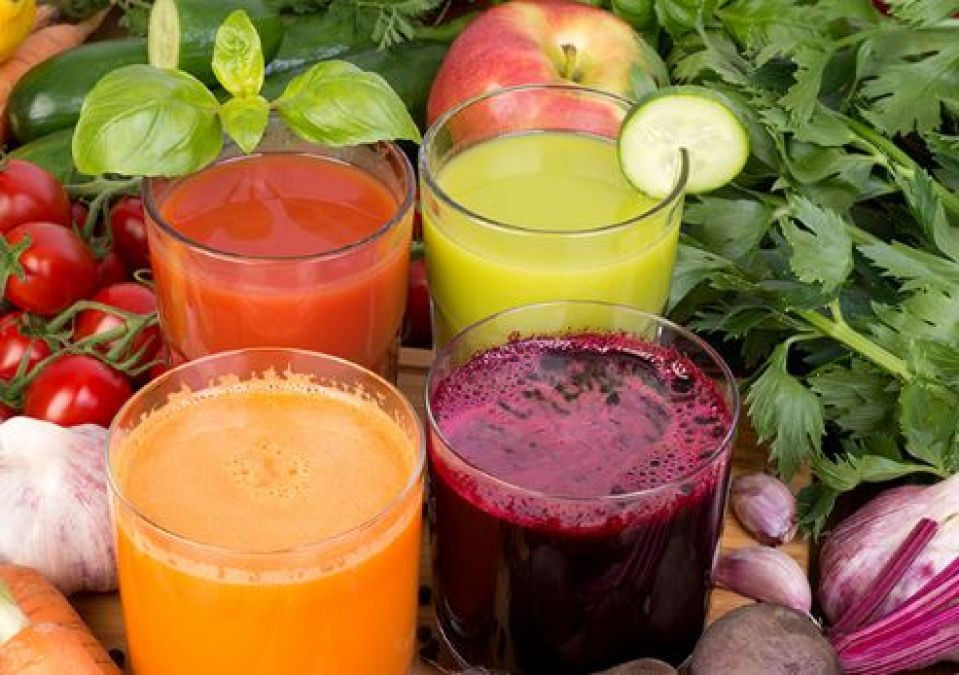
A new research conducted in London revealed that a link between consumption of artificial sweetener, commonly found in dietary beverages, help increase cardiovascular disease risk like stroke.
As an alternative to added sugar, artificial sweeteners including aspartame, acesulfame potassium, and sucralose have been developed that maintain the sweetness while having fewer calories.
The researchers concluded that consumption of aspartame was linked to an increased risk of cerebrovascular events, whereas sucralose and acesulfame potassium were linked to an increased risk of coronary heart disease.
The findings were published in the British medical journal (BMJ).
The study relied on participants from the NutriNet-Sante e-cohort, which began in France in May 2009, who were 18 years of age or older.
The major goal was to look into how nutrition and health have changed over time. The researchers found that the study looked at early indicators of cardiovascular health like weight status, hypertension, inflammation, vascular dysfunction, or gut microbiota perturbation in relation to consumption of artificial sweeteners or beverages with artificial sweeteners.
According to the researcher, artificially sweetened beverages, tabletop sweeteners, and dairy products are the main vectors of artificial sweeteners because they are typically ingested on a regular basis as part of daily dietary patterns.
In the past, a number of studies have claimed that using artificial sweeteners may have negative consequences, while others have suggested that it may be neutral or even beneficial. Despite the conflicting outcomes, artificial sweeteners currently account for a $7200 million market globally that is expected to expand by 5 percent annually to $9700 million by 2028.
Artificial sweeteners are still a contentious issue that is currently being reassessed by the World Health Organization, the European Food Safety Authority, and other medical organisations.
Study finds Insomnia in elderly linked to dementia, memory loss risk
Health: Pre-menstrual stress, anxiety are global public health issues
5 Food items that trigger your Sleep